
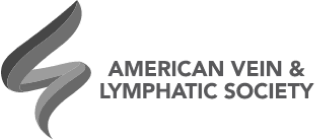
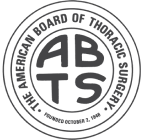
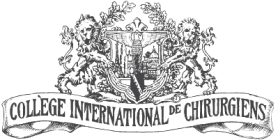
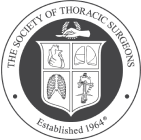
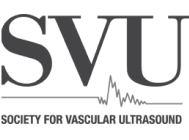








Chuback Vein Center - May 9, 2024
Have you ever wondered why vein issues like spider veins and varicose veins seem to affect women more than men? It is not just a coincidence. The American Vein and Lymphatic Society (AVLS) estimates that women are four times more likely to develop varicose veins than men. Hormonal fluctuations, pregnancy, and genetic factors can all play a role. Understanding these factors is crucial for empowering women to take proactive steps in managing their vein health and mitigating associated symptoms and risks.
Read on as we dissect the reasons why women are more prone to vein disease:
Hormonal changes tend to relax vein walls, making women more susceptible to vein insufficiency, according to the Mayo Clinic. Throughout a woman's life, hormonal fluctuations occur during puberty, menstruation, pregnancy, and menopause. A decline in estrogen, in particular, has been linked to the weakening of vein walls, making women more prone to developing spider veins and varicose veins.
Pregnancy puts additional pressure on the veins in the pelvic area and legs. As the uterus expands to accommodate the growing fetus, it can compress the veins, leading to weakened valves and reduced blood flow. This can result in the development of varicose veins, particularly in the legs. Fortunately, there are measures that pregnant women can take to alleviate symptoms, such as leg elevation exercises and the use of compression stockings, which help improve circulation and reduce discomfort.
Methods of hormonal birth control, such as birth control pills, patches, and hormonal IUDs, contain estrogen and progesterone. While these hormones are effective in preventing pregnancy, they can also increase a woman's risk of developing varicose veins and vein insufficiency. It is essential for women using hormonal birth control to be aware of this risk and discuss any concerns with their healthcare provider.
The hormonal changes that occur during menopause can also impact the health of blood vessels. Fluctuations in estrogen levels can affect the elasticity and tone of blood vessels, potentially contributing to the development of vein insufficiency. A study from the National Library of Medicine (NLM) found that 95% of women with cardiovascular disease developed the condition after menopause. Women experiencing symptoms such as tiredness, heavy legs, or the appearance of bulging, painful veins should seek the help of a specialist for proper evaluation and management.
While vein insufficiency can affect both men and women, women are indeed more prone to developing this condition due to hormonal factors, pregnancy, the use of hormonal birth control, and menopause. However, there are steps that women can take to manage symptoms and reduce the risk of complications. Whether it's adopting lifestyle changes, seeking medical advice, or exploring treatment options, taking control of your vein health is within your grasp.
If you are experiencing symptoms of vein insufficiency, like swelling in the legs and ankles, pain, skin changes and the appearance of visible veins, do not wait. Contact our office and schedule an appointment with one of our vein specialists today.
We invite you to become a part of the Chuback Vein Center family. We are confident in our ability to restore your health and wellness.